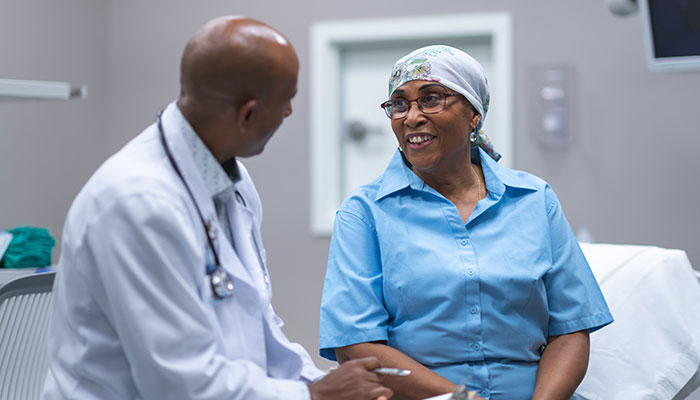Cancer diagnosis is a complex and multifaceted process that requires expertise, precision, and an in-depth understanding of the molecular and cellular characteristics of various cancer types. Cancer diagnosis specialists possess specialized training and experience in interpreting diagnostic tests, assessing tumor morphology, and distinguishing between benign and malignant lesions, enabling accurate and reliable diagnosis that forms the foundation for effective treatment planning and management.

Image source: Google
Advancements in Diagnostic Imaging and Molecular Pathology
The field of cancer diagnosis has witnessed significant advancements in diagnostic imaging technologies, molecular pathology, and biomarker identification, enhancing the accuracy and reliability of cancer detection and characterization. Cancer diagnosis specialists leverage these cutting-edge tools and methodologies to analyze tissue samples, assess tumor markers, and provide critical insights into the biological behavior of cancer, facilitating personalized treatment strategies and optimizing patient outcomes.
Patient-Centered Care and Supportive Communication
Cancer diagnosis specialists recognize the emotional, psychological, and practical challenges faced by patients and families throughout the diagnostic process. They emphasize the importance of patient-centered care, supportive communication, and compassionate engagement to alleviate anxiety, address concerns, and empower patients to actively participate in their care. By fostering a collaborative and empathetic approach to cancer diagnosis, specialists contribute to a positive patient experience and enhance overall satisfaction with care.
Continuous Learning and Professional Development
Cancer diagnosis specialists are committed to lifelong learning, professional development, and staying abreast of the latest advancements in cancer research, diagnostics, and treatment modalities. They participate in continuing education programs, attend scientific conferences, and engage in research and scholarly activities to expand their knowledge, refine their skills, and contribute to the advancement of the field of cancer diagnosis and management.
In conclusion, cancer diagnosis specialists play a pivotal role in navigating the complex landscape of cancer diagnosis, facilitating accurate and reliable identification of cancerous lesions, and guiding personalized treatment planning based on the unique characteristics of each patient's cancer. Their expertise, dedication to excellence, and commitment to patient-centered care underscore the invaluable contribution of cancer diagnosis specialists in the fight against cancer and the pursuit of improved outcomes for individuals affected by this devastating disease.